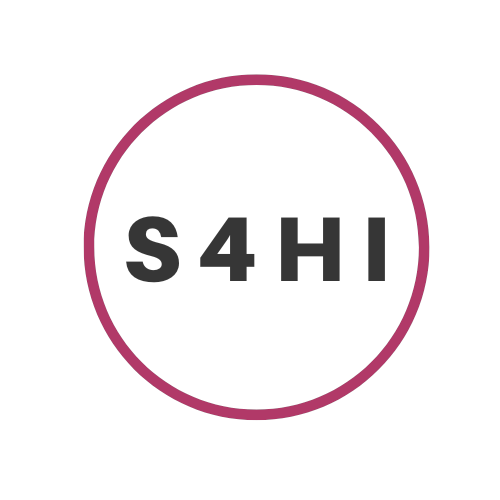Resourcing the HIV Community to Face COVID-19 & Long COVID
The HIV sector has much to teach our nation about tackling pandemics – including the importance of meaningful involvement of those most affected. Long COVID advocates – including those rooted in the HIV community – have called for adoption of successful federal structures such as the National HIV/AIDS Strategy and the Ryan White CARE Program to address the needs for Long COVID care.
Yet, the COVID-19 pandemic has increased strain on the HIV community, which has already been facing a challenging political climate. However, the comprehensive and large HIV sector is resilient and creative, with an infrastructure supported by funding not seen in or across many other chronic health conditions.
Further, the HIV community’s vibrant history and present-day ecosystems of advocacy, as well as the direct involvement of HIV researchers, clinicians and community leaders in the COVID-19 response, provide a foundation on which to build strategic efforts for this next phase of dual pandemics.
Our project, designed for rapid implementation and analysis, was conducted in February/March 2022. It included an online survey in English and Spanish; a multi-panel, Zoom-based webinar in English, with Spanish and ASL interpretation, and CART transcription; and a leadership meeting for program sponsors to discuss findings, recommendations and next steps. In designing the project components, we ensured that each conveyed accurate, accessible information while also collecting data and perspectives.
Project Components
WEBINAR: HIV, Long COVID & COVID-19: Support, Info, Reflection
our SURVEY
Our survey sample included 67 respondents in English and 4 respondents in Spanish, totalling 71 participants living across 25 of the 48 contiguous US states. 70.42% of the sample were PLHIV. Their age range was 25-77 years.
Our Recommendations:
To face COVID-19 & Long COVID, the HIV sector should be resourced to:
Ensure accurate and timely information, resources and best practices on COVID-19 across the HIV sector;
Increase accessibility and expand disability justice in HIV community organizations, programs and practices
Address Long COVID and other complex chronic conditions in PLHIV and the HIV community, through programming, advocacy and communications.


